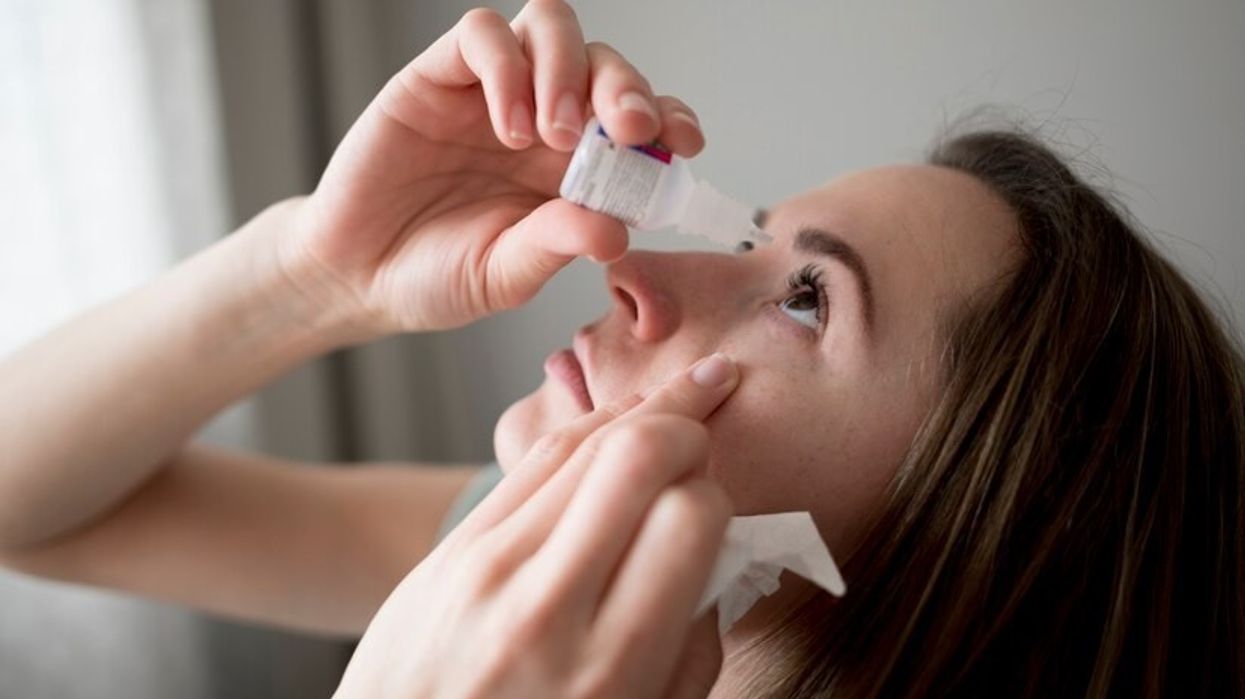Carbomer-containing eye gels that are currently being sold in the UK are safe to use and free of contamination, says MHRA
The outbreak of Burkholderia cepacia complex (Bcc) in the UK, which is associated with contaminated eye gels imported from India, has led to the death of one person, and many others falling ill, according to a government report.
Bcc is a group of antibiotic-resistant bacteria that are widely found within the environment. Although it rarely causes infection, it can result in severe ones in individuals with compromised immune systems and those living with cystic fibrosis, the UK Health Security Agency (UKHSA) said.
Between January 2023 and February 2024, there were 52 confirmed and six probable cases across the UK linked to the bacteria outbreak, as revealed in the Health Protection Report published by UKHSA.
Forty-one of these cases were hospital inpatients, 38 of which were in critical-care settings.
Twenty-five cases were considered to have "clinically significant infections attributable to Bcc", out of which 11 had eye infections, nine had respiratory infections and four had bacteremia (bacteria entering the bloodstream).
Two individuals with cystic fibrosis (CF) were infected, and while one was treated, the other died, with the report indicating Bcc infection to have “contributed to the death.”
Following a thorough investigation last year, three carbomer-containing lubricating eye drops - AaCarb, Aacomer and Purpotics eye gel - were identified as the source of this superbug outbreak. These products were produced by a single manufacturer based in India, Indiana Ophthalmics, and are used to treat dry eyes.
Subsequently, the manufacturer withheld the distribution and recalled the affected eye gels from the market, issuing a Field Safety Notice on 22 November 2023.
The Medicines and Healthcare products Regulatory Agency (MHRA) also issued a Device Safety Information and a National Patient Safety Alert, advising health professionals to avoid supplying carbomer-containing eye products to certain patients.
No need to avoid using eye gels
The UK's medicines watchdog said that it has now received “sufficient assurance from manufacturers and suppliers to conclude that products available on the UK market are safe to use and free of contamination.”
“As of 21 March 2024, UKHSA, MHRA and the Incident Management Team are satisfied that the risk associated with this outbreak has reduced such that there is no longer need to avoid use of carbomer-containing lubricating eye products.
“Therefore, the recommendation to avoid use of all carbomer-containing eye products in individuals with cystic fibrosis, patients being cared for in critical care settings, the severely immunocompromised and patients awaiting lung transplantation has been stepped down,” the report said.
However, UKHSA said it will continue to “follow up new cases and keep vigilance for emergent clusters of Burkholderia cepacia complex.”













